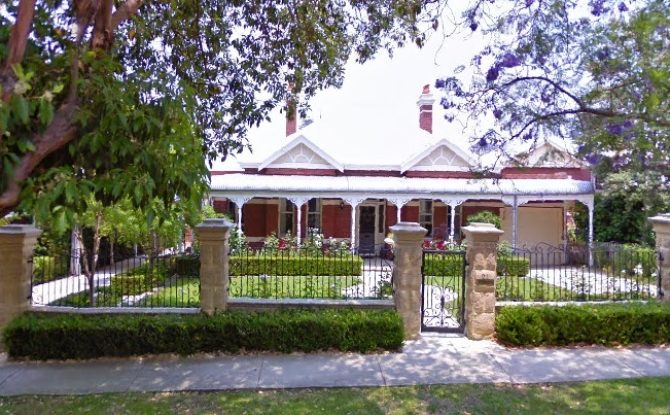The ATO have recently issued warnings of increased audit activity such as motor vehicle claim for 5,000kms, work-related expenses up to $300 and laundry expenses of $150. These items are claims you can make where you do not have to have kept actual receipts for every expense, however the ATO is stressing that this does not make them “standard deductions” that everyone can claim automatically.
The ATO are not saying that you cannot claim these in any circumstances, but they are saying that they can only be claimed where you have actually incurred the expense and have made a reasonable calculation of the amount you are claiming.
Motor vehicle expenses
For motor vehicle expenses you need to be able to show how you calculated the number of kilometres you travel for work and have you remembered that you cannot claim travel between home and work unless you need to carry bulky tools.
Laundry
For laundry expenses the ATO allow up to $150 claim without substantiation. However, you need to be able to show that you need to wash your registered uniform or protective clothing using the ATO’s estimate of $1.00 per full load and $0.50 per part load. So to claim the full $150, you will need to be able to justify that you wash your uniform 150 times per year.
Work-related expenses
For work-related expenses you need to be able to explain what sort of expenses they were and how they add up to the amount you are claiming. If you are claiming for a home office as part of your work-related expenses, you need to have a dedicated office space and a reasonable estimate of the number of hours that you work from home.
The ATO are concerned that a large number of taxpayers are using Motor Vehicle, Work-related expenses and Laundry as “standard” deductions when they do not actually need to incur the cost for their work.
If you have these type of deductions we will contact you prior to finalising your return to make sure you are comfortable that you could provide further information if your tax return is reviewed by the ATO.
The ATO have sent out many media releases about this in the past few weeks, so you may have already been alerted to their increased audit activity from items in the news. Here is a link to one of ATO’s media releases about the dangers of claiming unsubstantiated deductions.
There is a more comprehensive summary of the ATO’s crackdown here.






